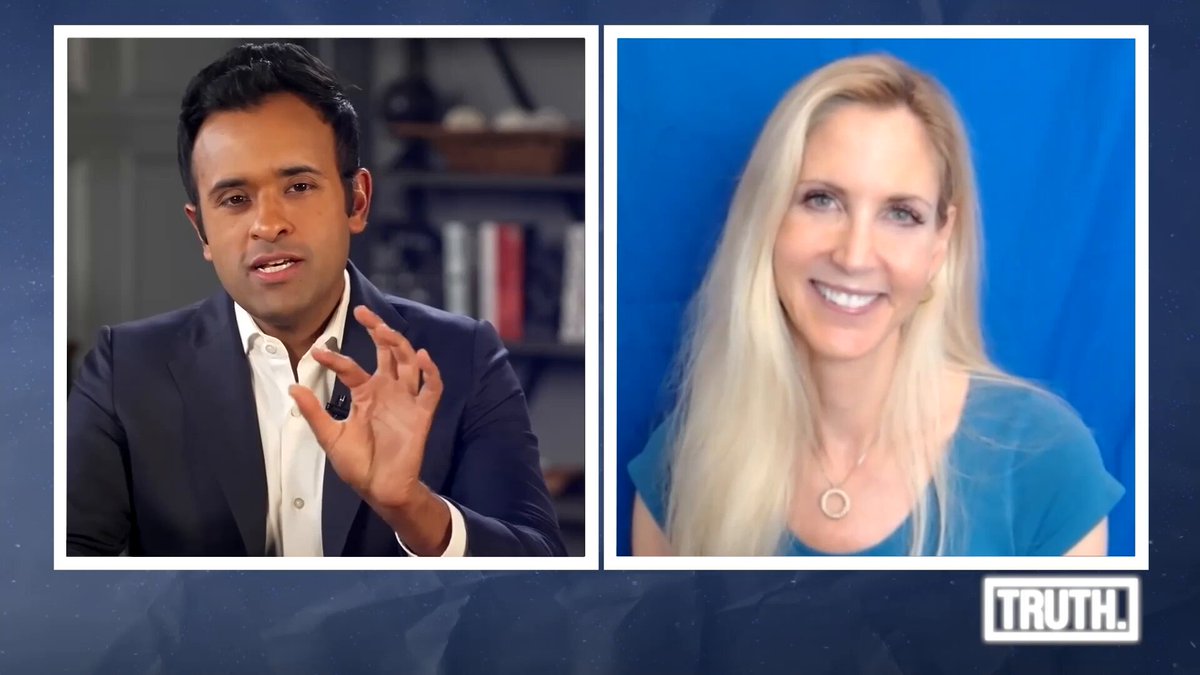The statement 'Citizenship is fundamentally about *loyalty.* That’s why dual citizenship is an oxymoron.' engages in public discourse by discussing the concept of citizenship and its implications on loyalty and national identity. The statement is part of a broader discussion on nationalism, as indicated by the linked podcast episode.
- The statement does not cause harm but could be seen as controversial or exclusionary by those who hold dual citizenship.Principle 1:I will strive to do no harm with my words and actions.
- The statement respects the dignity of others to a degree but could be interpreted as dismissive of the identities of dual citizens. [-1]Principle 2:I will respect the privacy and dignity of others and will not engage in cyberbullying, harassment, or hate speech.
- The statement aims to provoke thought and discussion on the topic of nationalism and citizenship, potentially fostering understanding. [+1]Principle 3:I will use my words and actions to promote understanding, empathy, and compassion.
- The statement could be seen as lacking in empathy towards individuals who maintain dual citizenship, possibly feeling a strong sense of belonging to multiple nations. [-1]Principle 4:I will engage in constructive criticism and dialogue with those in disagreement and will not engage in personal attacks or ad hominem arguments.
- The statement is a part of a debate, suggesting an openness to discussing and potentially revising opinions based on the conversation. [+1]Principle 5:I will acknowledge and correct my mistakes.
- The statement uses the platform to discuss important aspects of national identity and loyalty, contributing to societal discourse. [+1]Principle 6:I will use my influence for the betterment of society.
- The statement upholds the principles of free speech by presenting a viewpoint in a public forum for discussion. [+1]Principle 7:I will uphold the principles of free speech and use my platform responsibly and with integrity.
